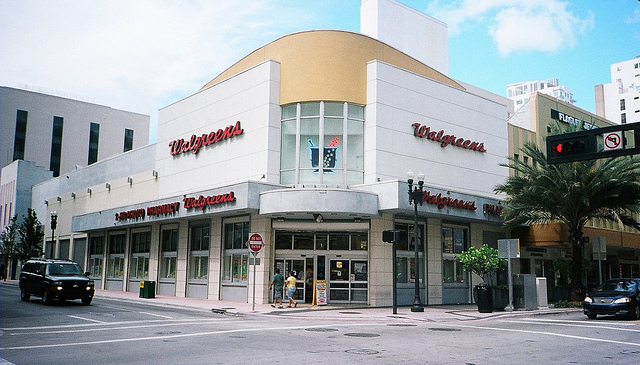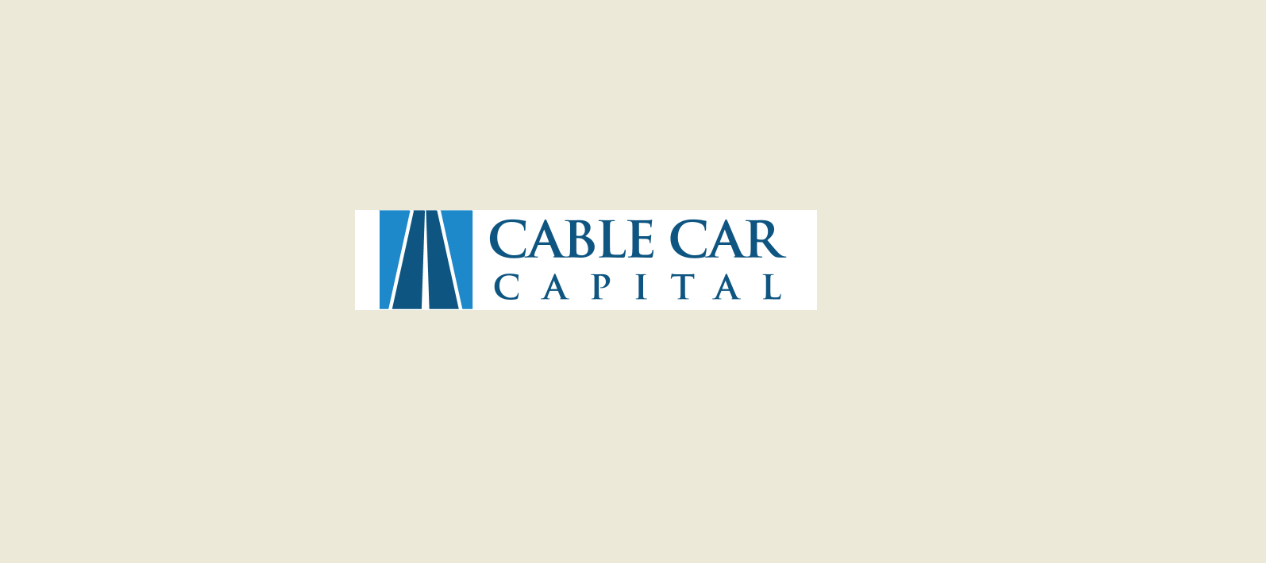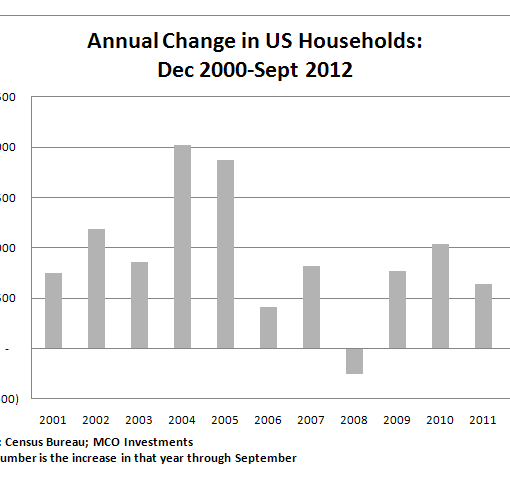Several recent merger and acquisition (M&A) headlines in the pharmaceutical industry have a common underlying motivation. Consider the following: AbbVie’s courtship of Shire, Pfizer’s abortive pursuit of AstraZeneca,Salix Pharmaceutical’s acquisition of Cosmo, and Mylan’s purchase of Abbott Laboratories’ generics business.
This wave of proposed deals is partly due to potential tax savings through a mechanism known as a tax inversion. A tax inversion is a transaction through which a US company relocates its headquarters to a lower-tax jurisdiction by merging with a foreign company.
As the pharmaceutical industry consolidates in an effort to reduce costs after years of disappointing drug discovery efforts, many companies seek the added benefit of escaping high US corporate income taxes.
Tax inversions have become more frequent, with 11 transactions completed since 2012 and at least as many currently pending, mostly in the healthcare industry. The large number of deals has attracted political scrutiny, drawing calls from some members of Congress and the White House to curtail the practice.
The optics make for good political fodder: a company undergoing a tax inversion may retain its local operations entirely, but it begins paying taxes to a foreign government instead of the US. Under current law, a US company can redomicile to a foreign jurisdiction as long as foreign shareholders own at least 20% of the combined company. Congressional proposals to raise this threshold to 50% at the end of 2014 have only accelerated inversion attempts this year.
With this backdrop, several activist investors have been pressuring Walgreen Company (WAG) to reconsider the structure of its two-step acquisition of Alliance Boots (BOOT), Europe’s largest drug wholesaler and a leading health-and-beauty franchise.
WAG acquired 45% of Alliance Boots in 2012, and it currently has the option to buy the remaining 55% during a six-month exercise window in early 2015. Although the current structure would not result in a tax inversion, there are several ways WAG could adjust the terms in order to reduce the company’s tax rate close to the 21% rate in the United Kingdom, where most of Alliance Boots’ operations are based. (Alliance Boots is incorporated in Switzerland for other tax reasons).
A June Deutsche Bank report estimated that a tax inversion could save WAG nearly $1 billion in taxes by 2018, increasing EPS by about 15%.
Despite political opposition, WAG management has begun to seriously consider a tax inversion. Though he had previously dismissed the idea, CEO Greg Wasson stated on the company’s most recent conference call that the board is actively evaluating the tax structure of the second-step transaction among other “opportunities below the operating [income] line.”
On the same call, management pulled its previously announced fiscal 2016 operating earnings, cash flow, and net debt targets for the combined company. WAG performance had been running below target earnings, though it was on track to meet the latter two goals.
Analysts initially expressed concern that WAG might be backing away from its previous optimism about the transaction, but management indicated that they remain confident and plan to release new guidance that better reflects the combined company’s capital structure. In my opinion, this is clear evidence that management plans to restructure the second step of the transaction and pursue a tax inversion.
With 240,000 employees, WAG is a large employer sensitive to political issues. Pursuing a tax inversion is far from a certainty, but I believe management’s commentary suggests that it is the most likely outcome. Irrespective of the political consequences, the earnings boost would be a clear boon to shareholders.
So, what does all this mean for the Hedged Value portfolio, which holds a long position in Walgreen? Despite my expectation that WAG will ultimately undergo a tax inversion, that is not why I own it. An inversion could still be derailed by Congress or internal opposition.
I own WAG because I believe the quality of its retail franchise and its earnings power in combination with Alliance Boots are underappreciated by the market and not fully reflected in its current valuation. Through its purchasing consortium with Alliance Boots and AmerisourceBergen (ABC), WAG is the largest generics buyer in the world.
The company may realize significant benefits from reshaping the global pharmaceutical supply chain, continuing to improve the in-store experience, and expanding internationally. While the successful completion of the merger with Alliance Boots and continued smooth integration of the two companies is an important part of the investment thesis, my investment is not predicated on a tax inversion.
One of the perennial challenges of investing with a long time horizon is deciding what to do – if anything – when near-term events independent of the long-term thesis may influence a holding’s share price. WAG presents just such a challenge today. To what extent might other investors’ expectation of an inversion already be reflected in the share price?
If management decides not to heed activists’ recommendations, might they choose to sell and place downward pressure on the share price? Conversely, if a tax inversion is successful, might the share price rise to reflect the increased earnings of the company?
Ultimately, these considerations are secondary to valuation. I believe WAG already trades below the fair value of its earnings power, even without an inversion. If management decides not to pursue an inversion and the share price declines, that could present a buying opportunity. If the inversion takes place, I would view it as a nice bonus.
As a result, Cable Car has not adjusted its position in WAG. We will find out soon — management plans to announce the updated transaction details in late July or August.
Photo credit: Phillip via Flickr Creative Commons
—-
To learn more about Covestor, contact our Client Advisers at clientservices@interactiveadvisors.com or 1.866.825.3005. Or you can try Covestor’s services with a free trial account.
DISCLAIMER: The investments discussed are held in client accounts as of June 30, 2014. These investments may or may not be currently held in client accounts. The reader should not assume that any investments identified were or will be profitable or that any investment recommendations or investment decisions we make in the future will be profitable. Past performance is no guarantee of future results.




